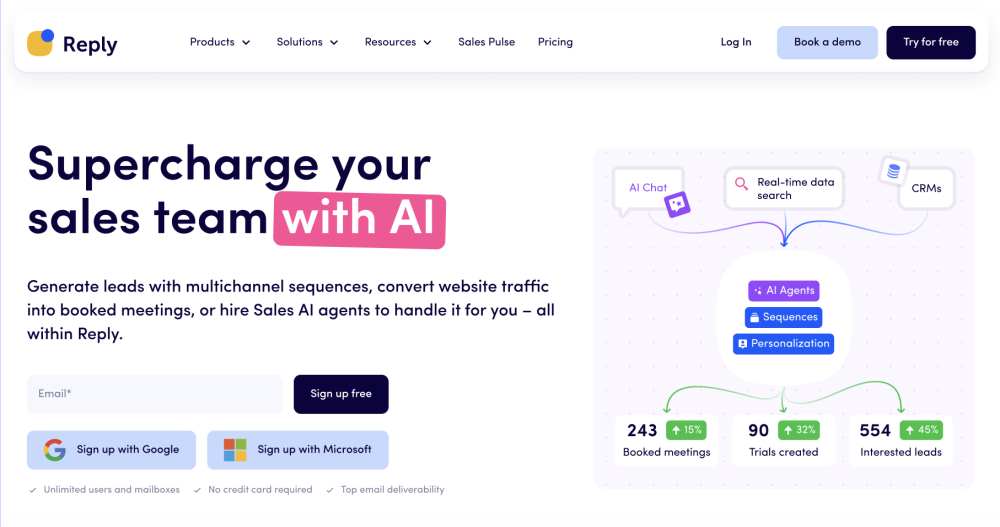If you want to raise significant funds, you need compelling reasons. Anthropic CEO Dario Amodei recently shared his vision for the future of artificial general intelligence (AGI), or as he prefers, "powerful AI," in a lengthy blog post titled “Machines of Loving Grace.” He outlines transformative possibilities, such as compressing a century of medical progress into a decade, curing mental illnesses, uploading consciousness to the cloud, and alleviating poverty. Meanwhile, Anthropic is reportedly seeking to raise funds at a staggering $40 billion valuation.
However, today's AI is far from these lofty goals. Amodei acknowledges that achieving AGI will require hundreds of billions of dollars for computing resources, built on extensive data center infrastructures and drawing substantial energy from local grids. Moreover, the feasibility of AGI remains uncertain. He admits, “Of course no one can know the future with any certainty or precision,” cautioning that the impact of powerful AI may be even more unpredictable than previous technological advancements.
AI leaders have a history of making ambitious promises during fundraising. For instance, OpenAI's Sam Altman showcased a similar approach in his blog, claiming we will see superintelligence within “a few thousand days” that would create “massive prosperity.” This pattern involves painting an optimistic future while hinting at solutions for humanity's pressing issues like death and poverty, all while sidestepping the need for solid proof.
Amodei's extensive blog piece is a departure from Anthropic's past, where it focused on risk assessment rather than utopian visions. The company continues to attract safety researchers from OpenAI, emphasizing a commitment to responsible AI development. Yet, the intense competition within the industry necessitates a bold narrative. New challengers, like OpenAI co-founder Ilya Sutskever and former CTO Mira Murati, are emerging, heightening the stakes.
Despite his caution against overly grand claims, Amodei's vision of AI reshaping humanity mirrors the captivating pitches he criticizes. Notably, he minimally addresses AI alignment and does not mention safety, highlighting a crucial tension in the industry: even the most cautious players may feel pressured to hype their technology to secure investments.
Currently, there's a vast divide between the capabilities of AI and the utopia envisioned by its leaders. Critics question how AI can revolutionize the world in just a few years when it struggles with simple tasks like counting letters. Presently, AI excels at automating routine tasks and analyzing large datasets, providing substantial benefits in finance, medicine, and transportation. However, claims like AI potentially “structurally favoring democracy” may be overly optimistic.
Amodei's blog seems targeted more at investors than the average reader, presenting a case for backing Anthropic as an investment in humanity's promising future. AI executives across the industry offer similar narratives—join their visionary paths or risk being left behind.
Throughout tech history, moguls have touted their innovations as world-saving solutions. Mark Zuckerberg positioned the universal internet as a solution to poverty, while Brin claimed Google could “cure death.” Musk framed SpaceX’s ambitions as a backup plan for humanity. With limited investor resources, altruism in the tech space often becomes a competitive game.
Amodei is aware of the fine line between optimism and hyperbole. “AI companies talking about all the amazing benefits of AI can come off like propagandists,” he states, acknowledging the risk without shying away from promoting his vision. He concludes with a strong optimism: “It is a thing of transcendent beauty. We have the opportunity to play some small role in making it real.”




